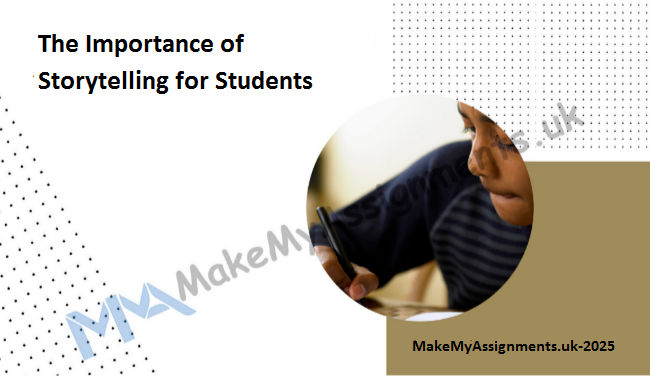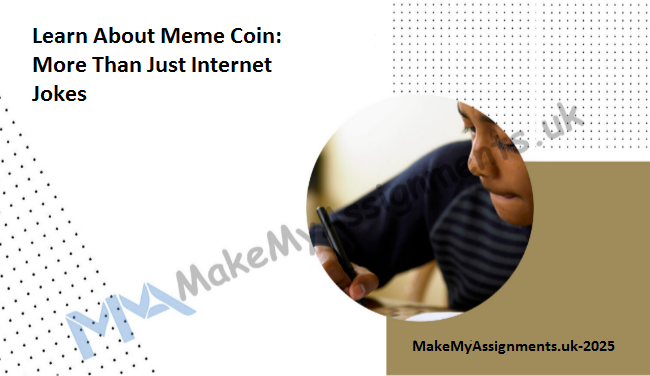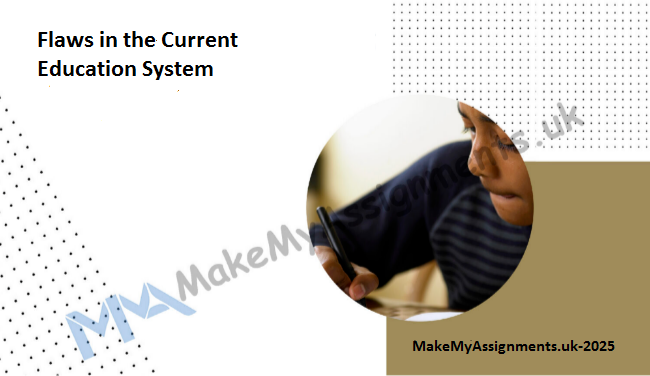Let’s be honest—studying for long hours is hard. With so many distractions around us (hello,…

The Importance of Storytelling for Students
Storytelling is a timeless practice that holds an immense amount of power. It goes beyond just entertainment or passing time—it plays a crucial role in the development of students. Whether it’s in the classroom or in the personal space of a child’s imagination, storytelling fosters creativity, critical thinking, and emotional intelligence. In this blog, we’ll explore why storytelling is so essential for students and how it benefits their growth.

First and foremost, storytelling improves communication skills. When students tell stories, they learn how to express their thoughts and ideas clearly. They become more confident in articulating their feelings and beliefs. It also helps them practice organizing information logically, which is vital for all forms of writing, from essays to research papers. Through storytelling, they understand the importance of structure and flow in any form of communication.
Secondly, storytelling boosts creativity. Crafting stories encourages students to think outside the box. It challenges them to envision worlds, characters, and situations that don’t exist. This level of imaginative thinking is crucial not only for their academic development but also for problem-solving in real life. Students who engage with storytelling are often better equipped to approach challenges with a fresh perspective. They see potential solutions that others might overlook.
In addition to creativity, storytelling enhances emotional intelligence. When students are involved in stories, whether they are listening or telling, they connect with characters and situations that evoke strong emotions. This connection allows them to explore their feelings, understand the emotions of others, and develop empathy. Empathy is essential for students as they navigate social situations and work collaboratively in team-based settings. When a student learns to empathize with a character’s struggle or triumph, it naturally translates into understanding people in their own lives.
Another important benefit is that storytelling helps with memory retention. Humans are wired to remember stories far better than dry facts. When students can tie information to a narrative, it becomes easier to recall. This method works well in history, science, and even mathematics. By weaving facts into stories, students are able to retain them better, which is why storytelling is a highly effective teaching tool.
Storytelling also nurtures teamwork and collaboration. When students work together to tell a story or create a group narrative, they learn the art of collaboration. Sharing ideas, building on each other’s contributions, and respecting different perspectives helps them build valuable interpersonal skills. Group storytelling fosters a sense of community, which is important in creating supportive learning environments.
Finally, storytelling offers students a platform for self-expression. In a world where students can often feel unheard, storytelling allows them to voice their unique experiences, ideas, and struggles. It provides them with a sense of ownership over their narrative and can be therapeutic. Storytelling can be a safe space for students to explore complex feelings and gain a sense of control.
MakeMyAssignments can greatly assist students by using storytelling techniques to enhance their academic work. With expert writers skilled in creating engaging and structured content, they help students develop strong communication skills through well-crafted assignments and essays. By incorporating creative narratives, MakeMyAssignments makes complex topics easier to understand and remember, boosting memory retention. The platform also encourages students to think critically and empathetically, essential for success in both academics and real-world scenarios. Whether it’s crafting compelling essays or providing personalized tutoring, MakeMyAssignments supports students in mastering the art of storytelling and excelling in their academic journeys.




This Post Has 0 Comments